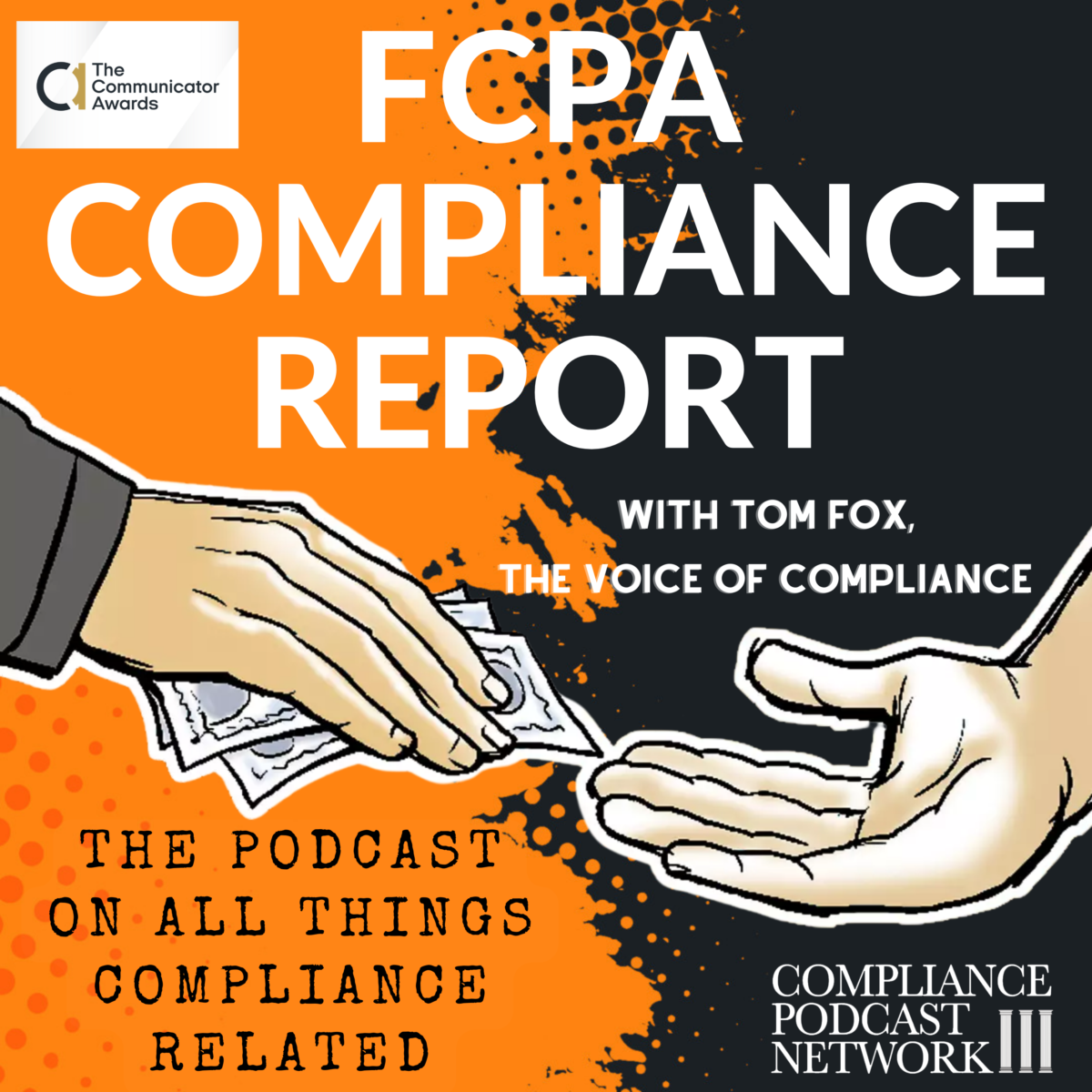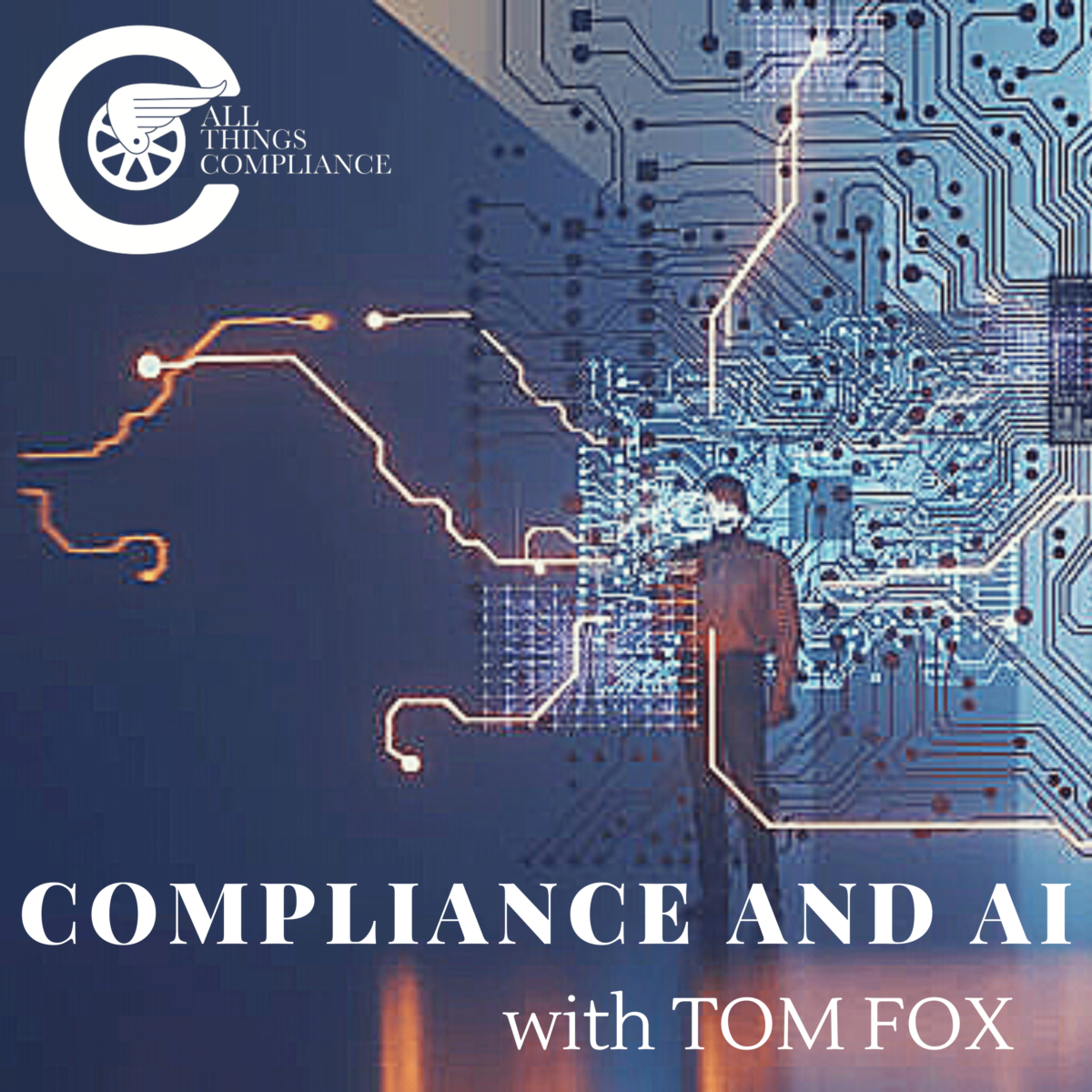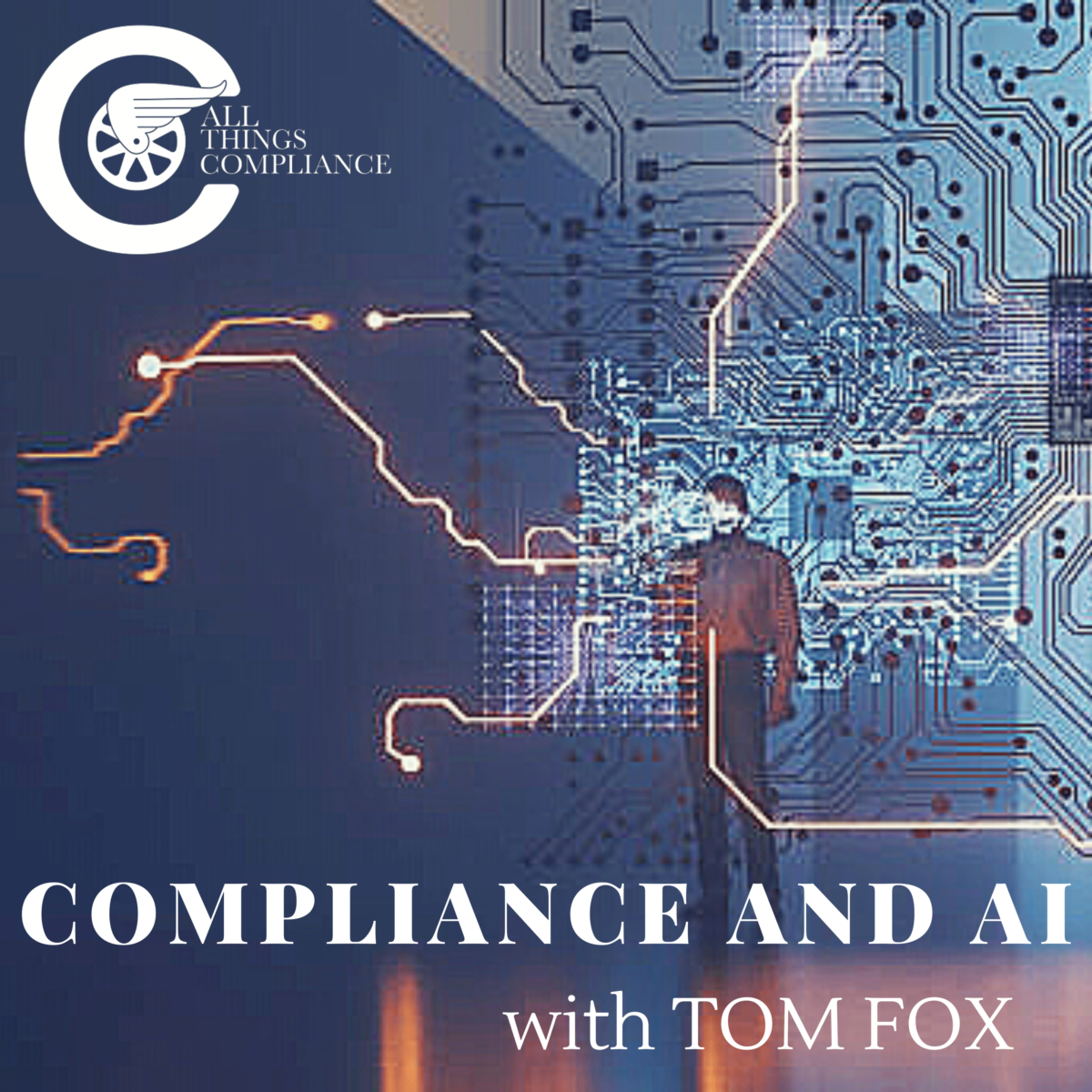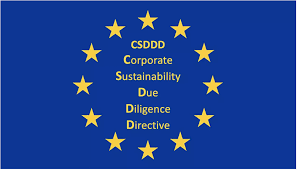Compliance officers increasingly deal with emerging technologies in today’s business environment, and artificial intelligence (AI) is undeniably at the forefront. Among the numerous applications of AI, its deployment in recruitment is rapidly becoming one of the most significant and controversial topics compliance professionals need to navigate. The reason for the spotlight is clear. AI-driven recruitment tools promise substantial efficiency gains, automating tedious processes such as CV screening, initial interviews, and candidate ranking. However, this automation does not come without significant compliance and ethical pitfalls. The implications are vast, involving transparency, fairness, accuracy, and potential biases, each presenting substantial regulatory and reputational risks.
Jonathan Armstrong and I recently explored the issues surrounding the use of AI in corporate recruiting in a recent episode of Life with GDPR. This blog post is based on our discussion. For more information, I invite you to check out the full episode.
The Compliance Landscape: EU, UK, and US Perspectives
The regulatory perspective surrounding AI in recruitment varies significantly, but a general compliance framework exists through the General Data Protection Regulation (GDPR) in Europe. GDPR lays foundational principles such as transparency, fairness, accuracy, and accountability, directly impacting how AI systems must operate in talent acquisition. In the United States, state-level regulations addressing automated recruitment systems are also beginning, reflecting a broader global trend toward stronger regulatory scrutiny of these technologies.
Armstrong highlighted that enforcement is becoming more pronounced. Spain, for example, has seen regulatory actions requiring companies benefiting from AI-driven processes to articulate the basis for automated decisions clearly. The UK’s regulator explicitly notes recruitment as an area under active scrutiny, emphasizing the significance compliance professionals must attach to these practices.
Transparency and Fairness: Essential Compliance Considerations
Transparency in AI systems, particularly in recruitment, is more than a regulatory requirement; it is an ethical imperative. Under GDPR, a candidate who is rejected by an automated system is entitled to understand the basis for that decision. Simply stating “the algorithm decided” will not suffice. Organizations must be prepared to provide candidates with clear, intelligible explanations about how decisions were reached, which inherently involves unpacking the often opaque nature of AI processes.
The challenge is compounded by machine learning technologies, where decision pathways evolve dynamically. Unlike rule-based systems, the internal workings of machine learning-driven AI can be complex, making it difficult, even impossible in some instances, for companies to understand or explain their decision-making criteria fully. This opacity can lead to bias, discrimination, and unfair treatment accusations.
Bias and Discrimination: A Risk Too Real
The specter of bias and discrimination looms large with AI recruitment tools. Systems have been reported to inadvertently penalize candidates for factors unrelated to their competencies or skills, such as internet connection quality during virtual interviews. For instance, a candidate could be unfairly penalized if their internet connectivity is unreliable, leading AI systems to interpret technical delays as hesitancy or lack of confidence wrongly. This subtle discrimination disproportionately affects individuals from lower socioeconomic backgrounds, exacerbating existing inequalities.
Moreover, disturbing parallels can be drawn from AI decision-making in areas such as bail applications in the US, where biases based on ethnicity or racial profiling have resulted in unjust outcomes. The risk of similar biases entering recruitment processes cannot be underestimated, underscoring the need for vigilant compliance oversight.
Proactive Compliance: Essential Steps for Mitigation
Given these concerns, compliance officers cannot afford to adopt a passive stance. The issue of AI in recruitment is far too consequential to be left solely in the hands of HR departments or recruitment agencies. Compliance teams must proactively engage to ensure that all AI applications used in their organizations or by their third-party vendors are compliant, transparent, and fair.
Armstrong proposed the following framework compliance professionals can adopt to manage the risks of using AI in their recruiting process.
- Vet AI Providers Rigorously
- Not all AI vendors operate equally. Compliance professionals should avoid opaque, “black-box” solutions and favor providers willing and able to demonstrate transparent practices.
- Comprehensive Due Diligence
- Conduct meticulous due diligence on AI recruitment vendors. This includes verifying their ability to comply with GDPR transparency and fairness principles and their willingness to cooperate fully with subject access requests.
- Contractual Protections
- Ensure comprehensive contracts with AI recruitment providers that allocate responsibilities clearly and provide sufficient recourse in case of litigation or regulatory action. The provider must be incentivized to maintain stringent compliance standards.
- Transparency Obligations
- Communicate to candidates how AI systems will process their data. The GDPR demands openness; hence, organizations must disclose the use of AI tools, how decisions are made, and the implications for candidates.
- Robust Data Subject Request Procedures
- Compliance teams must have effective, responsive mechanisms for handling data subject requests swiftly. Candidates dissatisfied with recruitment decisions frequently resort to GDPR subject access requests, creating significant administrative and compliance burdens.
- Regular Auditing and Checks
- Establish ongoing monitoring and periodic audits to continually assess AI recruitment tools. This process helps ensure that the systems adhere to compliance principles and remain free from bias or unethical decision-making patterns.
- Educate and Engage Internally
- Compliance professionals should engage closely with internal stakeholders, educating HR teams and recruiters on the implications of AI and compliance expectations. Internal awareness significantly mitigates the risk of non-compliance and encourages proactive risk management.
Looking Ahead: Staying Vigilant and Informed
The compliance landscape for AI in recruitment is undoubtedly complex, and the stakes are high. As Armstrong emphasizes, regulatory scrutiny is set to intensify, making it imperative for compliance teams to stay ahead of developments. Vigilance, proactive engagement, and informed awareness are key to successfully navigating these challenges.
This field remains ripe for academic and regulatory inquiry. More comprehensive research and analysis into AI’s implications on recruitment fairness, bias, and effectiveness would benefit organizations and compliance practitioners. Compliance professionals should watch developments closely and contribute actively to discussions, research, and policy development in this dynamic area.
AI in recruitment offers immense promise and substantial compliance challenges. Proactively addressing these issues ensures regulatory adherence and upholds corporate ethical standards, which are crucial in maintaining brand integrity and public trust. Compliance officers, thus, play a pivotal role in guiding their organizations through this rapidly evolving technological frontier.










